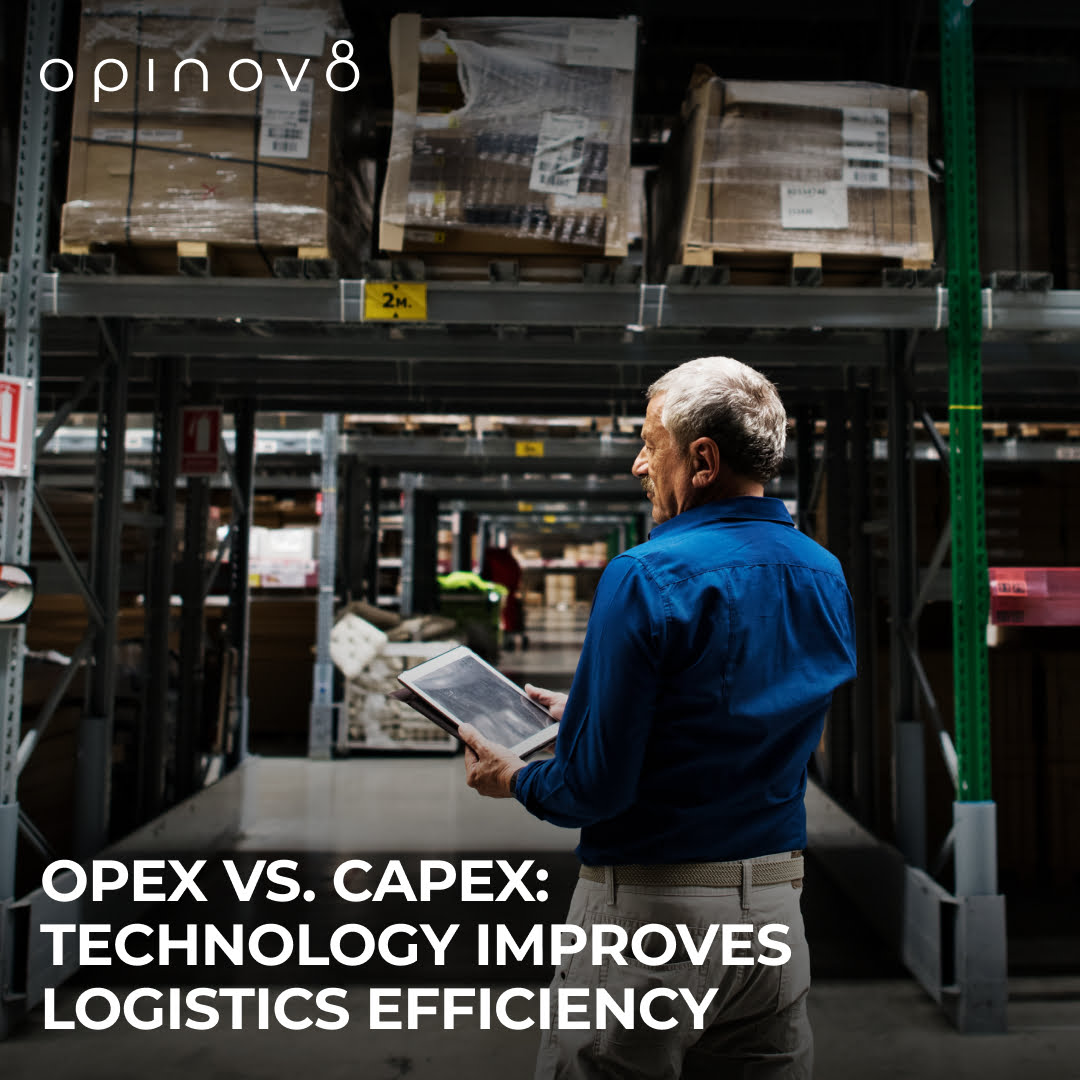
The logistics industry is a complex ecosystem that involves the movement of goods and services from one point to another. With a multitude of factors to consider, such as transportation costs, labor, and infrastructure, logistics providers are always looking for ways to improve efficiency and reduce costs. One way they can achieve this is by understanding the difference between OPEX and CAPEX and how software technologies can help.
OPEX, or operational expenditures, refers to the day-to-day costs associated with running a logistics operation. This can include expenses like wages, fuel costs, and maintenance fees. On the other hand, CAPEX, or capital expenditures, refers to investments in physical assets like trucks, warehouses, and IT infrastructure.
While both types of expenditures are important for logistics providers, there are key differences between the two. OPEX is more flexible and can be adjusted in response to changes in demand or market conditions. CAPEX, on the other hand, is a long-term investment that requires careful planning and management.
The logistics industry can benefit from shifting from a capital expenditure (CAPEX) model to an operating expenditure (OPEX) model in several ways. Here are some ways IT can pass from a CAPEX model to an OPEX model in the logistics industry:
Whether you're looking to streamline your operations, enhance your digital capabilities, or reduce costs, we have the knowledge and experience to help you achieve your goals. Simply fill out the form and one of our representatives will be in touch with you shortly to discuss how we can best assist you.
Opinov8 announces its new recognition as an Amazon RDS Delivery Partner. This accreditation underscores our expertise in managing and optimizing relational databases using Amazon RDS (Relational Database Service). We work with various engines like Amazon Aurora MySQL, Amazon Aurora PostgreSQL, PostgreSQL, MySQL, MariaDB, and SQL Server. This recognition shows our ability to help clients set […]
Opinov8 announces its new recognition as an Amazon RDS Delivery Partner. This accreditation underscores our expertise in managing and optimizing relational databases using Amazon RDS (Relational Database Service). We work with various engines like Amazon Aurora MySQL, Amazon Aurora PostgreSQL, PostgreSQL, MySQL, MariaDB, and SQL Server. This recognition shows our ability to help clients set […]
We all know that reading is beneficial in both personal and professional lives. Check out Op8 Tips that will help you read more books and fit more reading into your schedule.
We all know that reading is beneficial in both personal and professional lives. Check out Op8 Tips that will help you read more books and fit more reading into your schedule.